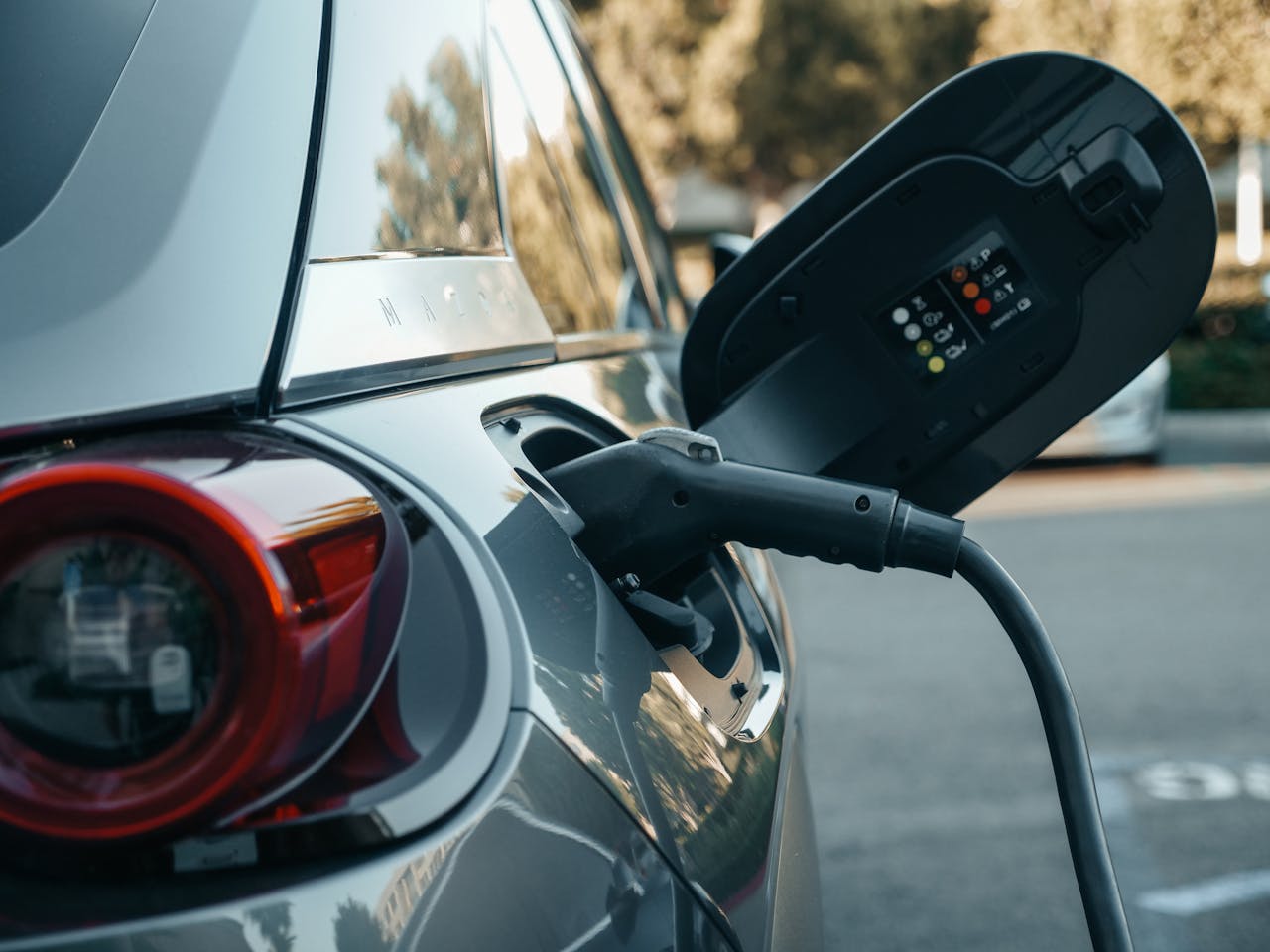INDONESIA: Karawang, an industrial hub located just 90 minutes outside of Jakarta, has long been the heart of Indonesia’s automotive industry. Home to manufacturing plants from global giants like Yamaha and Toyota, the region took another major leap forward in July 2024 with the unveiling of Southeast Asia’s first electric vehicle (EV) battery factory. The facility is a joint venture between Hyundai Motor, LG Energy, and Indonesia’s state-owned Indonesia Battery Corporation, and boasts an impressive annual capacity to produce enough battery cells to power 150,000 EVs.
According to an article published by Rest of World, this plant is seen as a pivotal step in Indonesia’s ambitious plan to become a key player in the EV manufacturing sector by 2027, including positioning itself as a world leader in EV battery production.
Indonesia’s resource advantage and strategic ambitions
Indonesia’s mineral wealth is a driving force behind its growing aspirations. With nearly half of the world’s nickel production sourced from the country, Indonesia holds a strategic advantage in the global race to dominate the electric vehicle market. In 2020, the government boldly banned the export of nickel ore to stimulate domestic battery production and attract foreign investment. The goal was clear — establish Indonesia as a global centre for EV battery manufacturing.
However, the country faces significant challenges that have led some investors to hesitate.
Challenges in attracting foreign investment
While Indonesia’s mineral resources offer immense potential, the nation’s path to becoming a battery powerhouse remains fraught with obstacles. One of the most pressing issues is the lack of stringent environmental, social, and governance (ESG) regulations, which has deterred some international investors.
Notably, in 2024, BASF, the German chemical giant, abandoned plans to build a nickel refinery in Indonesia due to concerns over the impact on indigenous tribes and the environment. Additionally, the involvement of Chinese companies in Indonesia’s nickel industry further complicates matters. With Chinese firms controlling around 90% of Indonesia’s nickel mines, the limited oversight of environmental and safety regulations has raised alarms, particularly after a series of deadly accidents in mining operations.
The impact of shifting battery technologies
The global landscape of battery technology is also evolving, posing further challenges to Indonesia’s EV ambitions. Lithium iron phosphate (LFP) batteries, which do not rely on nickel, have gained significant traction in recent years. In 2023, LFP batteries accounted for more than 40% of global EV battery demand, surpassing the use of traditional nickel-based batteries. This shift, coupled with a 45% drop in nickel prices in 2023 due to oversupply, has put Indonesia’s nickel-dependent strategy under pressure. As global demand for non-nickel batteries grows, Indonesia’s reliance on nickel may undermine its position in the global EV market.
Will Indonesia’s EV ambition come to fruition?
Despite efforts to boost ESG compliance and the country’s ongoing negotiations with Chinese companies for more advanced battery facilities, questions remain about Indonesia’s ability to become a comprehensive hub for electric vehicle production. Challenges like low domestic EV demand, logistical hurdles, and the rise of non-nickel battery technologies cast a shadow over the country’s prospects.
As it stands, Indonesia’s journey towards becoming a leader in the global EV market is far from certain, and the future remains unclear. Given China’s dominance in the nickel industry, the evolving landscape of battery technology, and investor concerns about environmental and labour issues, Indonesia must skillfully address these complexities to achieve its ambitious EV goals.

